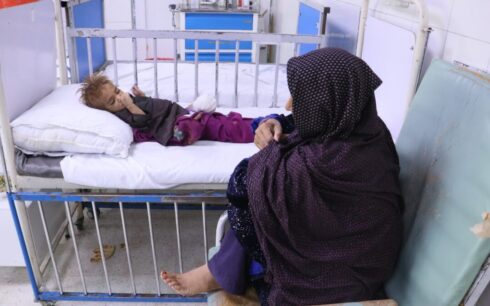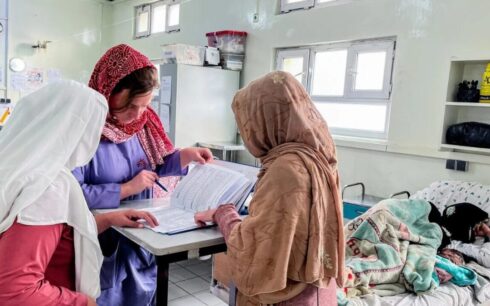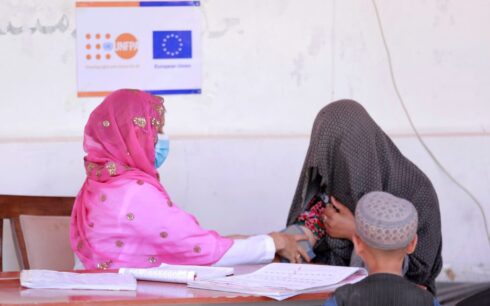Girls across the country have voiced their displeasure over the ongoing closure of secondary schools and universities by the Taliban and say they are struggling with mental health issues.
One young woman, Atina, 19, said she is struggling with mental health problems and is stressed about her future.
Atina had been studying computer science at Herat University until the Taliban banned women from university in December.
“I don’t have good mental health status. I have my concerns about my education as other girls, who have been deprived of their education, have. Because of the stress, I don’t have a good mental state,” she said.
Some schoolgirls have however taken matters into their own hands and together penned an open letter to world leaders. The girls, numbering about 1,000, said in their letter that the Taliban have no reason for closing schools for girls above Grade 6.
Frozan Daudzai, a women’s rights activist, said women and girls from Afghanistan are being deprived of their basic rights.
“Why are the Afghan girls deprived of their education and higher education? This is a question which the nation wants answers to,” she said.
The letter to world leaders stated that banning girls from school was “gender apartheid” and the girls called on all citizens of Afghanistan to come out in support of education for girls.
The girls noted that a ban on their education will lead to early marriages, poverty, violence, illiteracy and it’s in violation of their human rights.
“Don’t politicize the [issue of] schools and education for us girls, and don’t take this natural right [away] from us under various pretexts. We want to study and this is our basic right,” said Ladan, one student.
“We are still in a state of uncertainty. I hope there will be serious attention given, so the doors of schools are opened for us and we can continue our education,” said Sumaya, another student.
Monday, September 18, marked two full years since the Taliban issued their decree banning girls from attending secondary school. In December last year, the Taliban took it a step further when they closed the doors of universities and higher education facilities to girls.
These decrees have sparked widespread criticism and condemnation by the international community but the Taliban are steadfast in their decision and have repeatedly said they will not bow to Western pressure.
UN global education envoy Gordon Brown said recently the International Criminal Court (ICC) should recognize gender discrimination in Afghanistan as a crime against humanity and investigate it with the aim of prosecuting those responsible.




